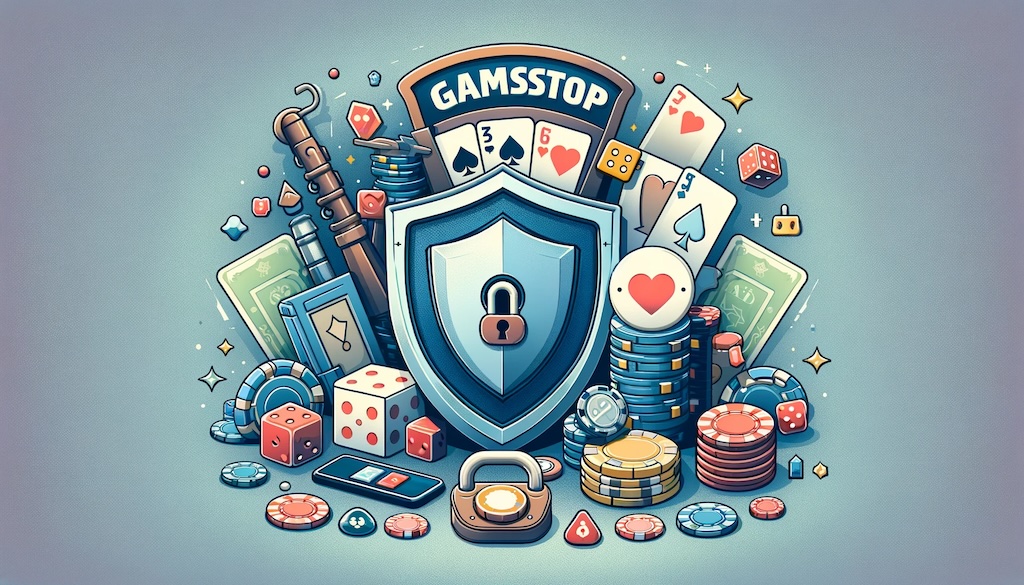The world of online gambling is undergoing a significant transformation in Europe, with the Netherlands and Belgium leading changes in legislation to foster a safe and responsible gambling environment. Recent reforms seek to balance accessibility to online gambling with preventive measures against pathological gambling and excessive financial losses, especially among young people.
Table of Contents
Legal Context: From Prohibitionism to Regulation
Prior to the enactment of the Remote Gambling Act (KOA) in the Netherlands, online gambling was strictly prohibited. However, this law has opened the door to Internet casino gaming, provided that certain regulations are complied with to protect players.
In Belgium, a similar path has been followed, with the intention of creating a safer space for gambling enthusiasts, thus promoting a balance between entertainment and consumer protection.
Gambler Protection Measures
Universal Loss Limit
One of the most prominent measures is the introduction of a universal loss limit, proposed by Mirjam Bikker of the ChristenUnie (CU) in the Netherlands. This measure aims to set a ceiling on the amounts players can deposit at online casinos, seeking to prevent indebtedness and gambling addiction.
Financial Risk Checks and Age Restrictions
Despite concerns expressed by the Minister for Legal Protection, Franc Weerwind, about the redundancy of this measure due to the existence of financial risk checks, an additional restriction has been proposed for those under 24 years of age, limiting their gambling expenditure to €150.
In parallel, Belgium has opted to raise the legal age for participating in gambling from 18 to 21, a decision that seeks to steer young people away from the potential pitfalls of gambling and towards more productive activities.
Advertising and Penalties
Online gambling advertising remains a controversial issue. Although a motion to completely ban online gambling advertising in the Netherlands was rejected, the need to impose stricter limits has become clear.
In addition, tougher financial penalties have been proposed for operators who violate gambling laws, including fines amounting to 10% of turnover and revocation of licenses for those who fail to adequately protect players.
Repercussions and Future of Online Gaming
These reforms not only seek to protect individuals from the risks associated with gambling, but also reflect a change in the social perception of gambling, treating it with the seriousness that any activity with addictive potential implies.
The gaming industry, for its part, faces the challenge of adapting to these regulations without compromising the user experience. This could translate into greater investment in technologies that promote responsible gambling and in market strategies that respect the limits imposed by legislation.
The Netherlands and Belgium are setting an important precedent in the regulation of online gambling, balancing individual freedom with collective protection. As these laws evolve and are implemented, it will be crucial to observe their impact on the gambling industry and society at large, in the hope that other countries can learn and possibly adopt similar approaches.


 Español
Español Português de Brasil
Português de Brasil Hrvatski
Hrvatski Deutsch
Deutsch Italiano
Italiano Français
Français Čeština
Čeština Polski
Polski Lietuviškai
Lietuviškai Svenska
Svenska Română
Română Norsk Nynorsk
Norsk Nynorsk Русский
Русский Українська
Українська







